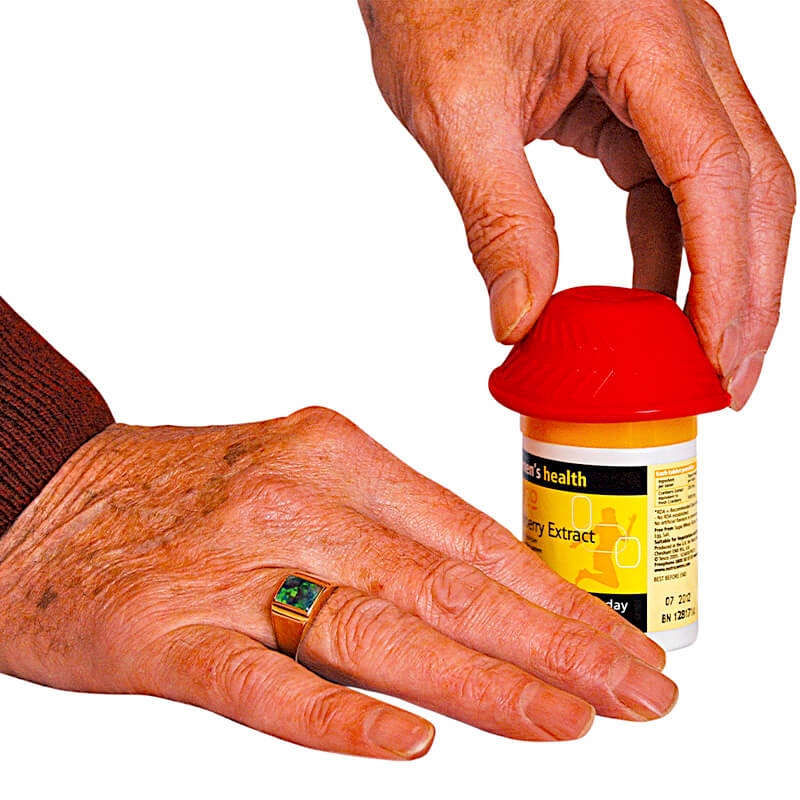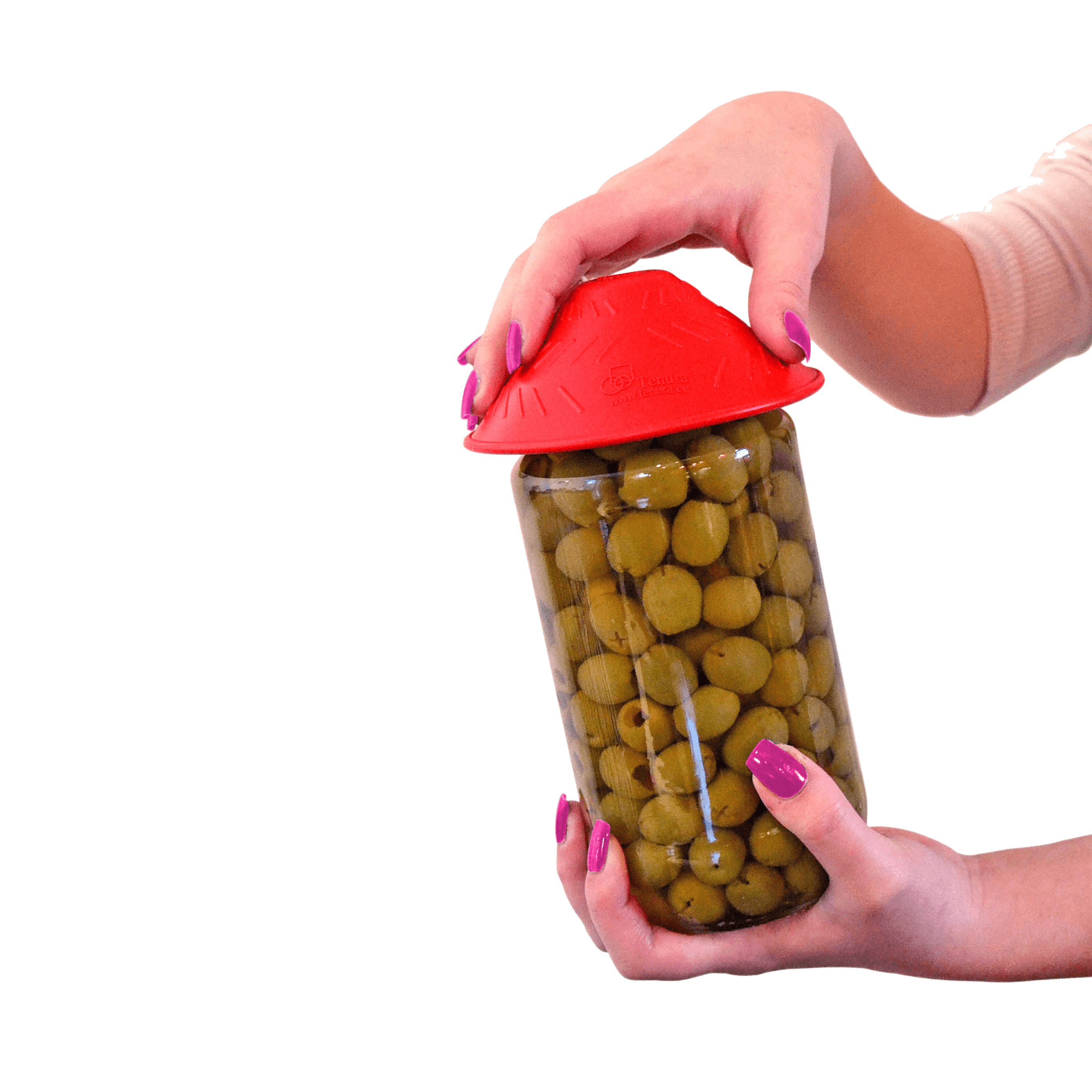Therapy
Regulatory Updates and Professional Standards
In the ever-evolving landscape of health and therapy, keeping up with the latest regulations, standards, and best practices is crucial for professionals committed to providing the highest level of care. This is particularly true when it comes to the use of disability aids. In this blog, we'll explore some recent regulatory updates, emerging professional standards, and best practices in the industry that you need to know.
The Importance of Staying Updated
Regulatory bodies continuously update their guidelines to ensure that healthcare products, including disability aids, meet the highest safety and efficacy standards. For professionals in the health and therapy sectors, staying informed about these changes. Compliance ensures that your products and services are safe, reliable, and practical, crucial for patient well-being and trust.
Recent Regulatory Updates
Post-Brexit CE Marking Adjustments
The UK's departure from the EU has led to significant changes in the regulatory landscape, particularly concerning CE marking. Now, disability aids in the UK require the UKCA marking (UK Conformity Assessed) to be sold legally. This shift necessitates that manufacturers and distributors of disability aids ensure their products comply with the new UK standards. Professionals need to verify that the aids they recommend or provide are properly certified.
 ISO Standards for Assistive Products
ISO Standards for Assistive Products
The International Organization for Standardization (ISO) periodically revises its standards for assistive products, ensuring they meet the latest technological advancements and safety requirements. The ISO 9999 classification, for example, is regularly updated to include new categories of assistive devices and refine existing classifications. Staying informed about these changes can help professionals recommend the most current and effective products to their clients.
Health and Care Professions Council (HCPC) Guidelines
The HCPC, which regulates health and care professionals in the UK, has updated its guidelines to emphasise the importance of continuous professional development in line with new standards and practices. For those specialising in occupational therapy, physiotherapy, or any field involving disability aids, adhering to these guidelines ensures that your practice remains aligned with the latest professional standards.
Emerging Best Practices in Disability Aids
Emphasising Individualised Care
The trend towards personalised medicine has reached the realm of disability aids, with a growing emphasis on tailoring products to individual needs. This approach improves patient outcomes and aligns with regulatory expectations for patient-centred care.
Sustainable and Ethical Practices
Sustainability is key in manufacturing and using disability aids. Professionals should be aware of products made from eco-friendly materials and companies that prioritise ethical manufacturing practices. Not only does this align with broader societal goals, but it also resonates with increasing clients who are conscious of their environmental footprint.
Integration of Smart Technology
Integrating intelligent technology into disability aids is an exciting development, offering enhanced functionality and greater user independence. Professionals should familiarise themselves with the latest intelligent aids, from sensors that monitor usage patterns to apps that allow for remote adjustments, ensuring they can have the familiar solutions for their clients.
Keeping up with regulatory updates and professional standards is essential for any health or therapy professional who works with disability aids. By staying informed, you not only ensure compliance but also enhance the quality of care you provide to your clients. The landscape is constantly changing, but with a commitment to learning and adaptation, you can remain at the forefront of your field, providing the best possible support to those who rely on your expertise.
Innovative Therapy with Tenura: Silicone Aids for Better Rehab
Innovative Therapy Techniques with Disability Aids
Innovation is key to enhancing patient outcomes and improving quality of life in therapy and rehabilitation. Silicone-based disability aids, such as those offered by Tenura, are making significant strides in this area. These aids are versatile and durable and play a crucial role in daily living and rehabilitation. This blog explores how Tenura’s silicone products can effectively integrate into therapy and rehabilitation, offering support during and after recovery.
The Benefits of Tenura Daily Living Aid Products
Tenura’s silicone aids are designed to assist individuals in various rehabilitation and daily living stages. Here’s how these products can benefit users:
1. Supporting Daily Activities
Tenura’s daily living aids, such as non-slip mats, jar openers, and ergonomic grips, offer practical support for everyday tasks. These aids help individuals with limited dexterity or strength perform activities like cooking, cleaning, and dressing more easily. By integrating these products into daily routines, users can maintain independence and improve their quality of life.
2. Enhancing Motor Skills Development
During rehabilitation, Tenura’s silicone aids provide valuable support for motor skills development. Products like cutlery grips are designed to strengthen muscles, improve coordination, and enhance fine motor skills. These aids can be used in various therapeutic exercises, helping individuals regain functionality and confidence in their abilities.
 3. Providing Comfort and Pain Relief
3. Providing Comfort and Pain Relief
Comfort is a crucial aspect of rehabilitation, and Tenura’s silicone aids offer solutions for pain management and comfort. Making everyday tasks more accessible with the jar openers can help reduce pain. Our daily living aid products help enhance overall comfort during the rehabilitation process.
4. Facilitating Assistive Technology Use
Tenura’s silicone aids are designed to complement assistive technology, making it more accessible and user-friendly. Silicone grip strips can improve the usability of adaptive devices, such as controllers and communication tools, ensuring that individuals with limited dexterity can use technology effectively.
Long-Term Benefits of Tenura Products
 Sustained Independence
Sustained Independence
By integrating Tenura products into daily routines and therapy, individuals can enjoy long-term benefits such as sustained independence and improved self-care capabilities. These aids support users in performing everyday tasks with greater ease, promoting a sense of autonomy and confidence.
Enhanced Quality of Life
Tenura’s silicone aids contribute to an enhanced quality of life by addressing both practical and therapeutic needs. The combination of functional support and therapeutic benefits helps individuals maintain their lifestyle and well-being during and after rehabilitation.
Ongoing Support
Tenura products provide ongoing support beyond the rehabilitation phase, helping individuals adapt to changes in their abilities and maintain their independence. The durability and versatility of these aids ensure that they continue to be valuable tools throughout a user’s journey.
Tenura’s innovative silicone aids transform therapy and rehabilitation by offering practical support, enhancing motor skills and providing comfort. These products play a vital role in daily living and long-term well-being, helping individuals maintain independence and improve their quality of life. For more information on how Tenura’s daily living aids can support you or your patients, contact us today and discover the benefits of our versatile daily living aids.